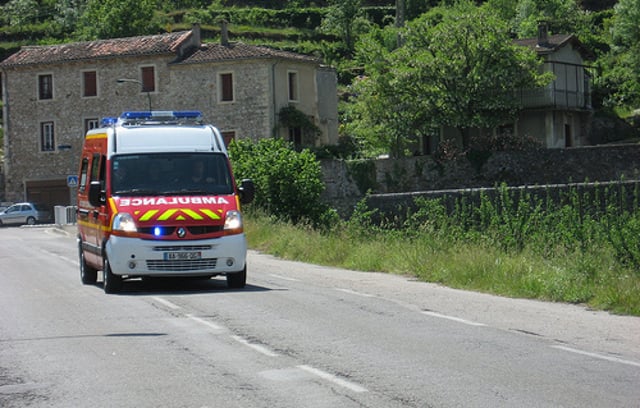Accident à #Pluguffan – Le père est décédéhttps://t.co/RpYF6nmk1u pic.twitter.com/MzdYIAe0Eo
— Le Télégramme (@LeTelegramme) June 9, 2017


A British father and his 10-month-old baby have been killed in a road crash during their holiday in Brittany, northwestern France. The mother was also left seriously injured.

Accident à #Pluguffan – Le père est décédéhttps://t.co/RpYF6nmk1u pic.twitter.com/MzdYIAe0Eo
— Le Télégramme (@LeTelegramme) June 9, 2017

